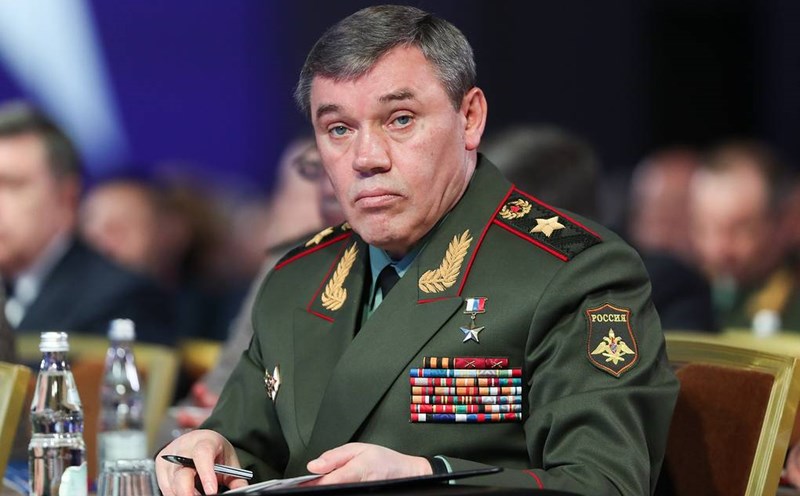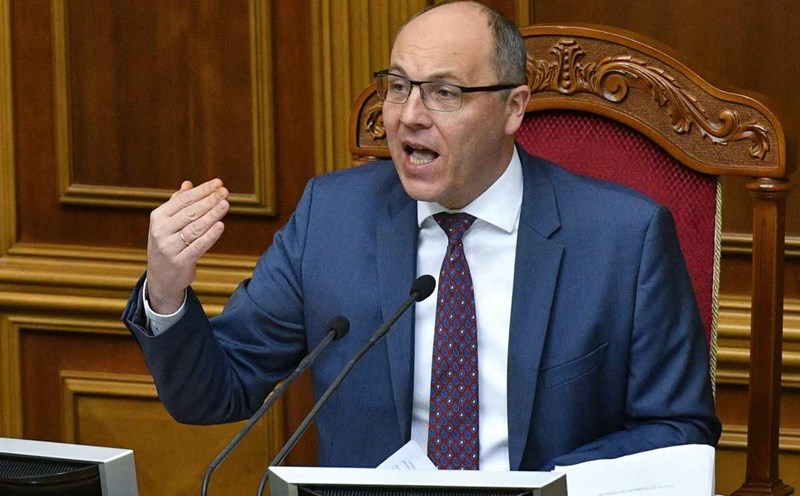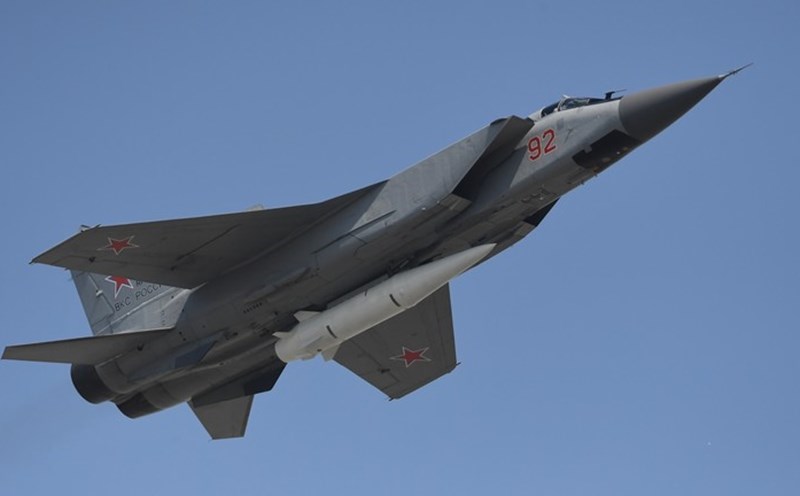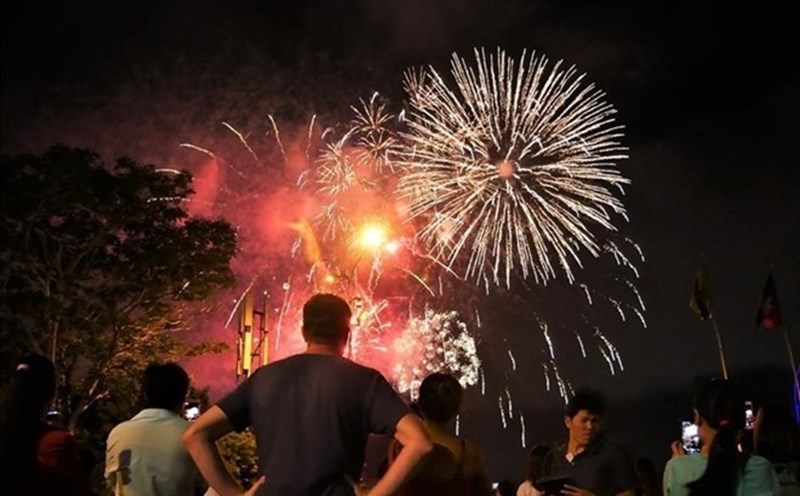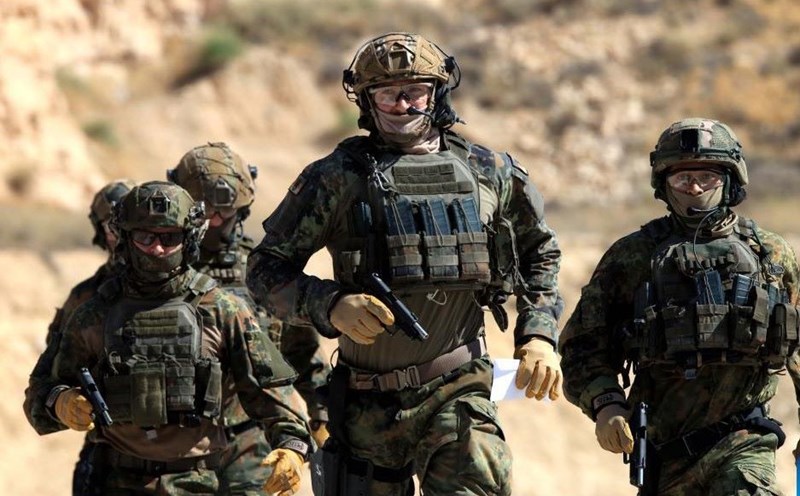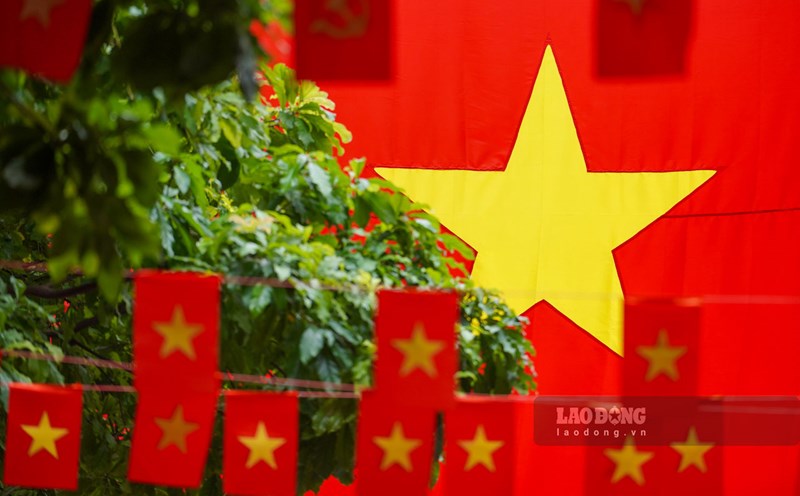The German newspaper said that this decision is believed to stem from a statement by US President Donald Trump, who affirmed that Washington will not send US soldiers to Ukraine and that Europe must "carry" the responsibility of ensuring security for Kiev.
German Chancellor Friedrich Merz had previously left open the possibility of participating in a peacekeeping mission in Ukraine, within the framework of the idea of the so-called "coalition of ready countries" - a Western national group that focuses on increasing support for Kiev. The plan includes deploying NATO forces to monitor future ceasefire, despite strong opposition from Russia.
However, after Mr Trump's tough statement, the discussions in Berlin were immediately suspended until further notice. Sources also stressed that the idea could be revived if Trump changes stance or when Russia and Ukraine reach a peace deal.
In an interview on August 31, Mr. Merz confirmed the change, emphasizing: "No one is talking about sending infantry to Ukraine at the present time." He also left open the possibility of resuming discussions once the ceasefire was established.
Instead of sending troops, Germany is expected to focus on measures to ensure financial security for Ukraine. According to the source, the plan includes: Continuing training of Ukrainian soldiers in Germany, expanding weapons production right on Ukrainian territory with the participation of German defense enterprises. Berlin even considered paying part of the salary to Ukrainian soldiers after the ceasefire to maintain the force.
This move is seen as a shift from a military shield to a financial shield, aimed at playing a protective role for Kiev without facing the risk of conflict with Russia.
Kiev considers security commitments from the West a prerequisite for signing a peace deal. In contrast, Moscow insists that all guarantees are only valid after a comprehensive deal is reached, while stressing the need to take into account Russia's security.
Russian Foreign Ministry spokeswoman Maria Zakharova recently affirmed that any agreement would require Ukraine to remain a non-military, non- Faksist, neutral, non-nuclear state and recognize its territorial reality.
With the US withdrawing from all the ideas of military deployment, while Germany chooses to stay outside the peacekeeping campaign, the future of the "Western shield" for Ukraine continues to be left open. In that context, financial commitments could become a way out of the situation but are uncertain to resolve fundamental disagreements between Russia and Ukraine.

